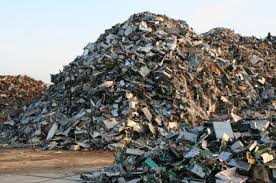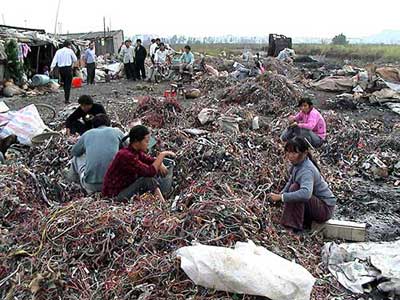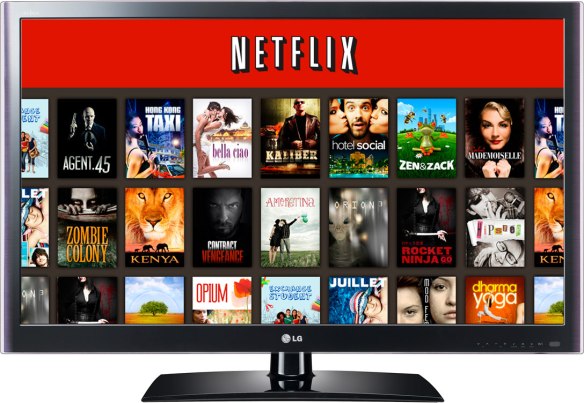Steve Jobs was responsible for revolutionising the computer age. When Apple released the Macintosh in 1984 it was the first time consumers were given a user-friendly means of interacting with a computer. The Macintosh introduced the first graphical user interface and was the first mass-market computer to be networkable. But while Apple brought us into the personal computer era their business model has practically reversed and seems hell bent on taking us out of it.
Apple products such as the IPhone have stopped being computing devices and have become simplistic information applications. They are incapable (by design) of operating anything outside of their designated software and they prevent users from accessing any internal elements; creating this shell of a computer that runs entirely off of face level applications. All content and the way you can interact with that content is controlled. You don’t own applications only pay to use them, you cannot change anything, install anything, transfer content and all the apps you can download have come from a centralised network that have gone through an intensive approval process.

“It was easy to use, elegant and cool – and had lots of applications right out of the box… but the company quietly dropped a fundamental feature, one signalled by the dropping of ‘Computer’ from Apple Computer’s name” (Johnathan Zittrain).
“The fundamental difference between a PC and an Information Application is that a PC can run code from anywhere while Information Appliances remain tethered to makers desires, offering a more consistent and focused user experience at the expense of flexibility and innovation” (Jonathan Zittrain again).
While your phone not being a computer isn’t necessarily a bad thing as Steve Jobs himself proclaimed “You don’t want your phone to be like a PC. The last thing you want is to have loaded three apps on your phone and then you go to make a call and it doesn’t work anymore”. It is important to keep in mind though that the mobile phone has actually replaced the desktop as the primary mode of access to the internet. For millions of people, particularly those in developing nations their phone is their computer.
The Alliance of Open Handsets offer the polar opposite to Apple with their free Android operating system that can run on any device, can be completely rooted or moded and grants users access to both an official app store and unofficial ones. Plus you are allowed to upload your own aps. Originally Apple dominated the smart phone market but Android has now captured 85% of it, just going to show that a long tail of many small units will inevitably always out preform a lesser number of large ones.

When Google first announced the alliance and the concept of Android, Steve predicted that the fragmented nature and uncontrollability of the idea would be its demise “I think it hurts them more than it helps, it is just going to divide them”. While he was right about the division he was wrong about it being a negative. Eric Raymond believes networked systems always beat hierarchical ones because you can accomplish more and faster. He compares Cathedrals to Bazaars noting that if you release content early and often problems are resolved quickly by the sheer many. “Given enough eyes all bugs are shallow”. While Apples system of having a selected few make something perfect before release makes the task slow and monumental.
But in the end it all boils down to personal preference, Apples system ensures you are only buying something that has been carefully designed to ensure everything runs smoothly and easily whereas the Android system gives you everything good or bad; you have the power the chose and therefore the responsibility. It is just a question of if you want controlled convenience or chaotic freedom.







